
Web3 projects face a constant balancing act: how to meet regulatory requirements for Know Your Customer (KYC) verification without sacrificing user privacy or onboarding speed. As token sales and allowlists become more sophisticated, the need for efficient, scalable, and privacy-preserving KYC solutions is more pressing than ever. This is where onchain attestations are rapidly transforming the landscape.

What Are Onchain Attestations and Why Do They Matter?
An onchain attestation is a cryptographically signed proof stored directly on a blockchain, confirming that an address has completed KYC verification. Unlike traditional off-chain methods that require repeated uploads of sensitive documents, onchain attestations provide verifiable, tamper-proof evidence of identity – all without exposing personal data to every platform. This paradigm shift is especially valuable for Web3 token sales and allowlist management, where seamless user experience and compliance go hand-in-hand.
The Ethereum Attestation Service (EAS), Sign Protocol, and platforms like 0xkyc.id are driving adoption by enabling users to prove their KYCed status across ecosystems. Instead of siloed verifications, users can now carry their credentials from one dApp to another – unlocking new efficiencies for both users and project teams.
Key Benefits: Streamlining KYC for Token Sales and Allowlists
Key Benefits of Onchain Attestations for Web3 Token Sales
-

Efficiency & Reusability: Onchain attestations allow users to complete KYC verification once and reuse the proof across multiple platforms, significantly speeding up onboarding and reducing repetitive checks. Learn more at Altme
-
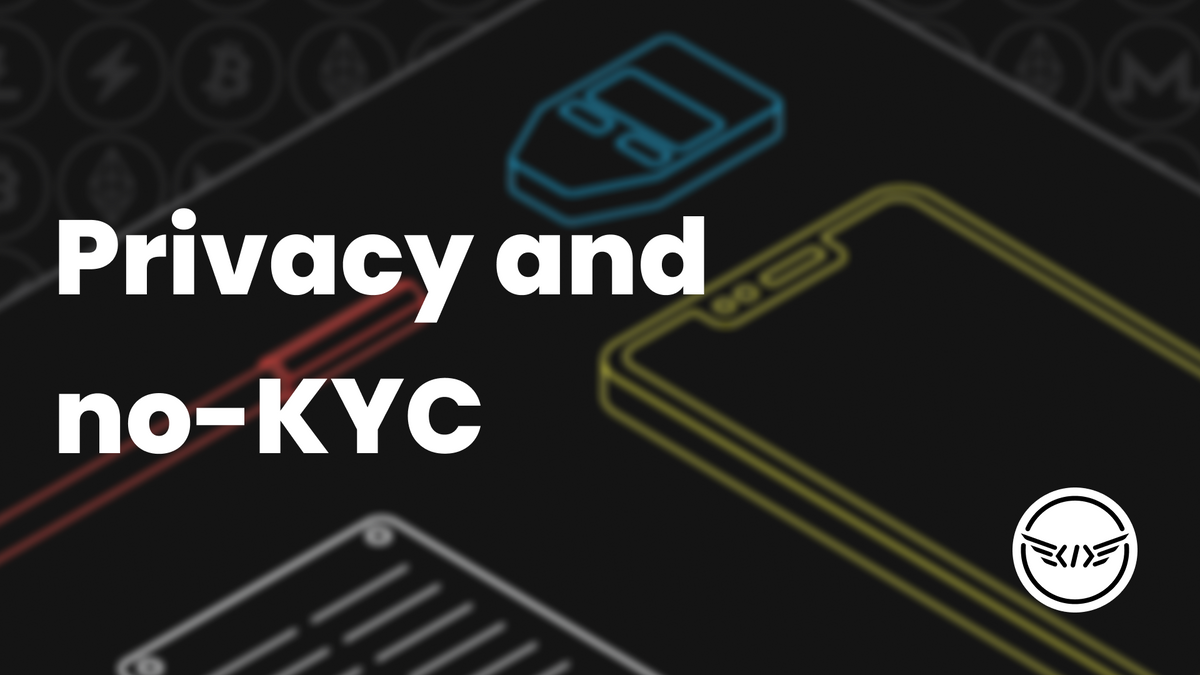
Enhanced Security & Privacy: Users can prove their verified status without revealing sensitive personal data, preserving privacy while ensuring regulatory compliance. Explore privacy-first KYC at 0xKYC
-

Automated Compliance: Smart contracts automatically verify onchain attestations, enabling seamless enforcement of allowlists and compliance requirements with minimal manual intervention. See Chainlink’s ACE in action
-
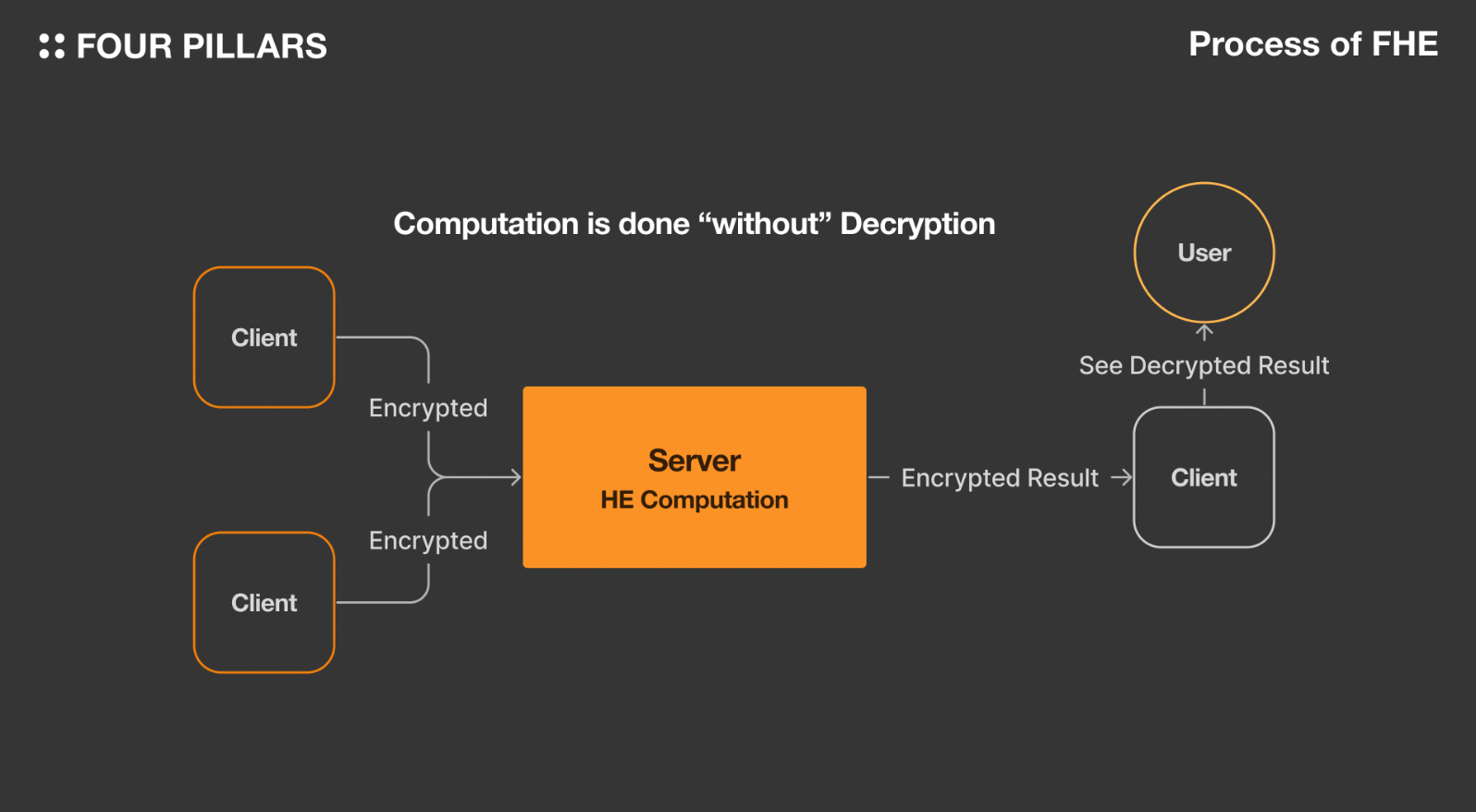
Interoperability Across Platforms: Attestations can be recognized by various dApps and protocols, allowing for a unified KYC experience across the Web3 ecosystem.
-

Immutable, Tamper-Proof Records: Storing attestations onchain ensures that KYC proofs are secure, auditable, and resistant to tampering or unauthorized changes.
Efficiency and Reusability: With onchain attestations, once a user completes KYC with an approved provider, their credential becomes reusable across multiple platforms. No more redundant checks or waiting periods – onboarding becomes instant when the wallet address is verified on-chain.
User Privacy First: Instead of sharing personal documents with every project, users present cryptographic proofs that confirm their verified status. The attestation says “this address passed KYC” – not “here’s my passport. ” This privacy-preserving approach is crucial as DeFi and decentralized identity mature together.
Automated Compliance: Smart contracts can instantly check whether an address holds a valid attestation before allowing participation in presales or gated communities. This automation reduces manual reviews and human error while making compliance auditable by default.
KYC alone won’t cut it, to open up real world use cases for crypto, on-chain attestations are the solution for identity verification.
– Bio Passport via Medium
Pioneering Implementations Across Web3 Ecosystems
The past year has seen rapid innovation in how projects leverage onchain attestations:
- Formo: Empowers creators to build token-gated forms and surveys using flexible access requirements based on NFTs, tokens, or proof-of-personhood attestations.
- Attest Protocol: Offers schema-based attestation systems so developers can verify user KYC status with minimal code – essential for trustless onboarding in dApps.
- Altme: Issues self-sovereign identity credentials as NFTs upon KYC completion; these can be checked by smart contracts in real time.
- Authento: Provides seamless customer verification with soulbound tokens as proof of KYC completion – ideal for DeFi protocols and DAOs seeking automated compliance checks.
- Chainlink’s Automated Compliance Engine (ACE): Delivers cross-chain policy enforcement so permissioned access can be managed at scale across blockchains.
The Mechanics: How Onchain Attestations Power Allowlists and Token Gating
The core workflow is simple but powerful:
- A user completes KYC with a trusted provider integrated with an attestation protocol (like OnchainKYCe. me).
- The provider issues an immutable proof (attestation) to the user’s wallet address directly on-chain.
- dApps or smart contracts query the blockchain to check if an address holds the required attestation before granting access to presales or exclusive communities.
- This process preserves user privacy while ensuring only verified participants join critical events like token launches or NFT drops.
What’s remarkable is how these onchain attestations are now being woven into the fabric of Web3 infrastructure. For allowlist management, they enable more than just compliance, they unlock a new level of flexibility and automation for project teams. Instead of manually curating lists or relying on centralized databases, smart contracts can instantly reference the blockchain to check if an address is KYCed and eligible. This not only reduces administrative overhead but also minimizes the risk of fraud or manipulation.
Consider token sales: by integrating attestation verification into their minting or sale contracts, projects can offer a frictionless experience where only eligible, KYCed addresses can participate, without ever revealing sensitive data to the protocol itself. The result is faster launches, fewer compliance headaches, and a more trustworthy process for all involved.
Real-World Examples: From DeFi to Gated Communities
The practical impact is easy to spot across the ecosystem. Platforms like Altme and Formo are bringing self-sovereign identity into mainstream DeFi and NFT experiences. Meanwhile, solutions such as Authento and Attest Protocol are making it trivial for dApps to verify users at scale, no more manual checks or duplicate submissions.
This shift isn’t just technical, it’s cultural. Users gain more control over their digital identities, choosing when and where to reveal their verified status. For DAOs and community managers, it means building trusted spaces without sacrificing decentralization or privacy.
The Road Ahead: Interoperability and Privacy by Design
As regulations evolve and real-world asset tokenization accelerates, expect onchain attestations to become even more integral to Web3 architecture. Interoperability between protocols, think Ethereum Attestation Service (EAS), Sign Protocol, and others, will be key in ensuring that credentials issued on one platform are recognized everywhere else.
Emerging Trends in Onchain KYC Attestations for Web3
-
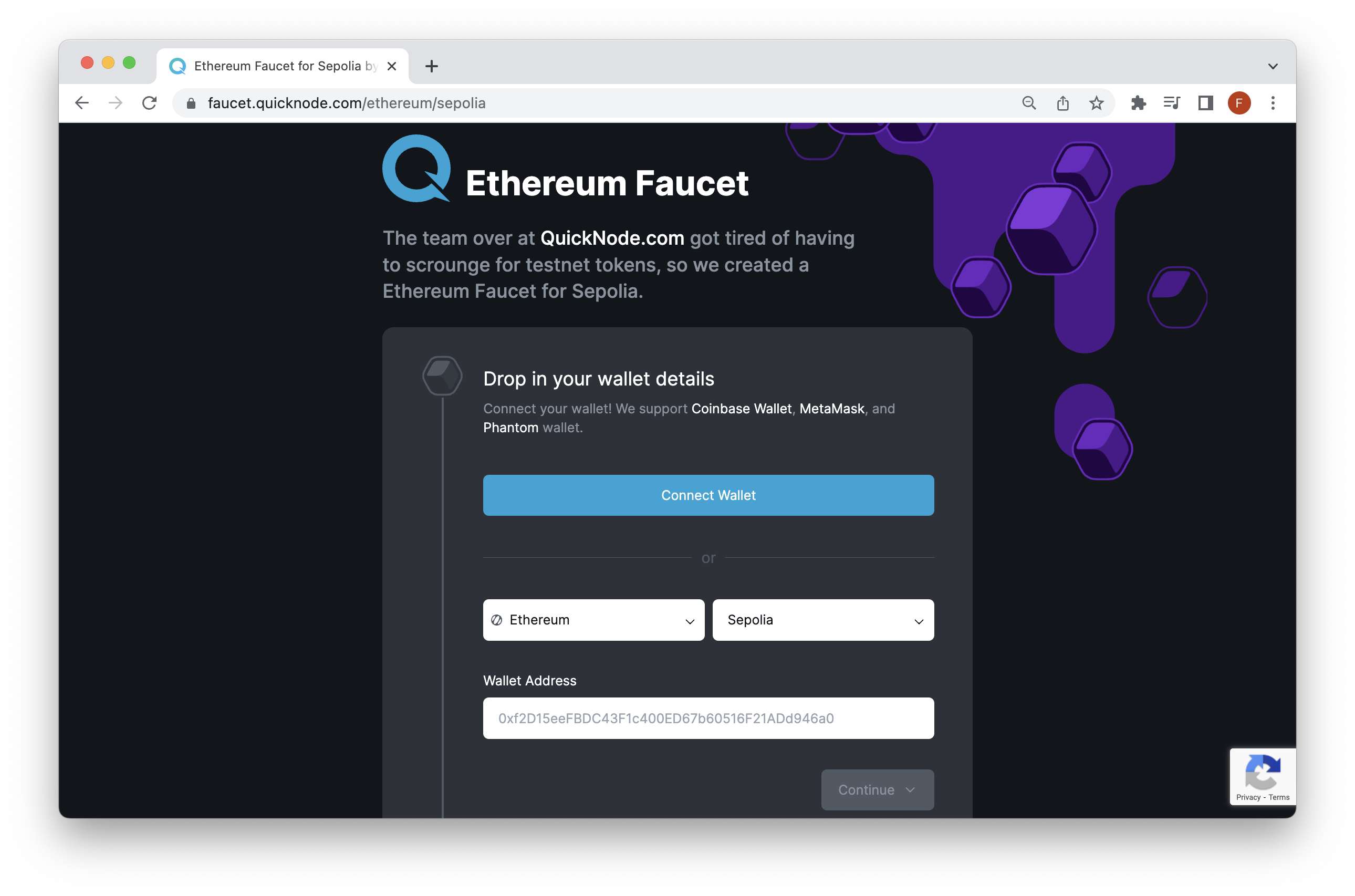
Omni-Chain Attestation Protocols: Platforms like Sign Protocol are enabling users to issue and verify attestations across multiple blockchains, increasing interoperability and flexibility for KYC in token sales and allowlists.
-
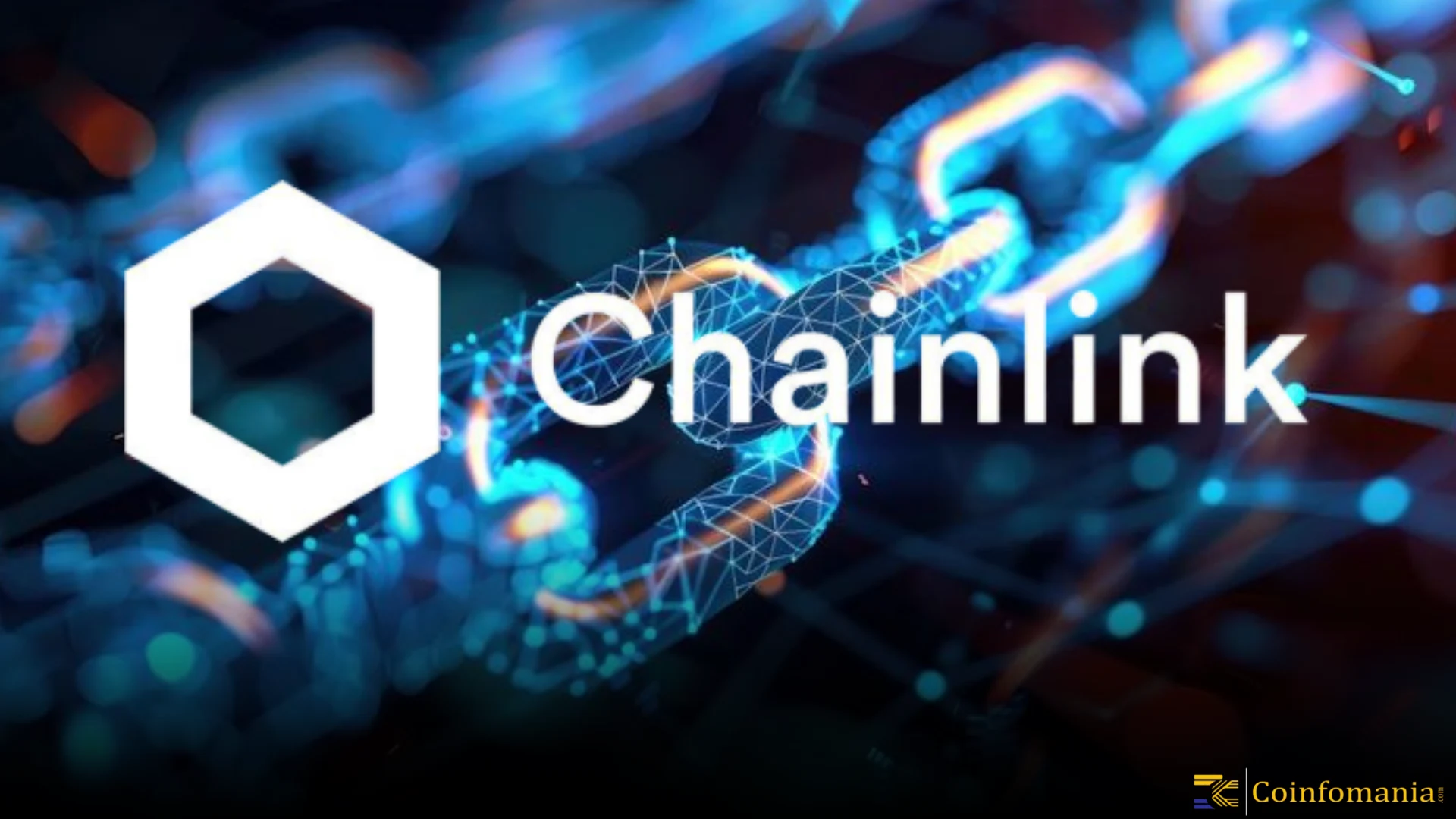
Automated Compliance Engines: Chainlink ACE and similar solutions are automating regulatory compliance by integrating KYC attestations directly into smart contracts, reducing manual intervention and human error.
-
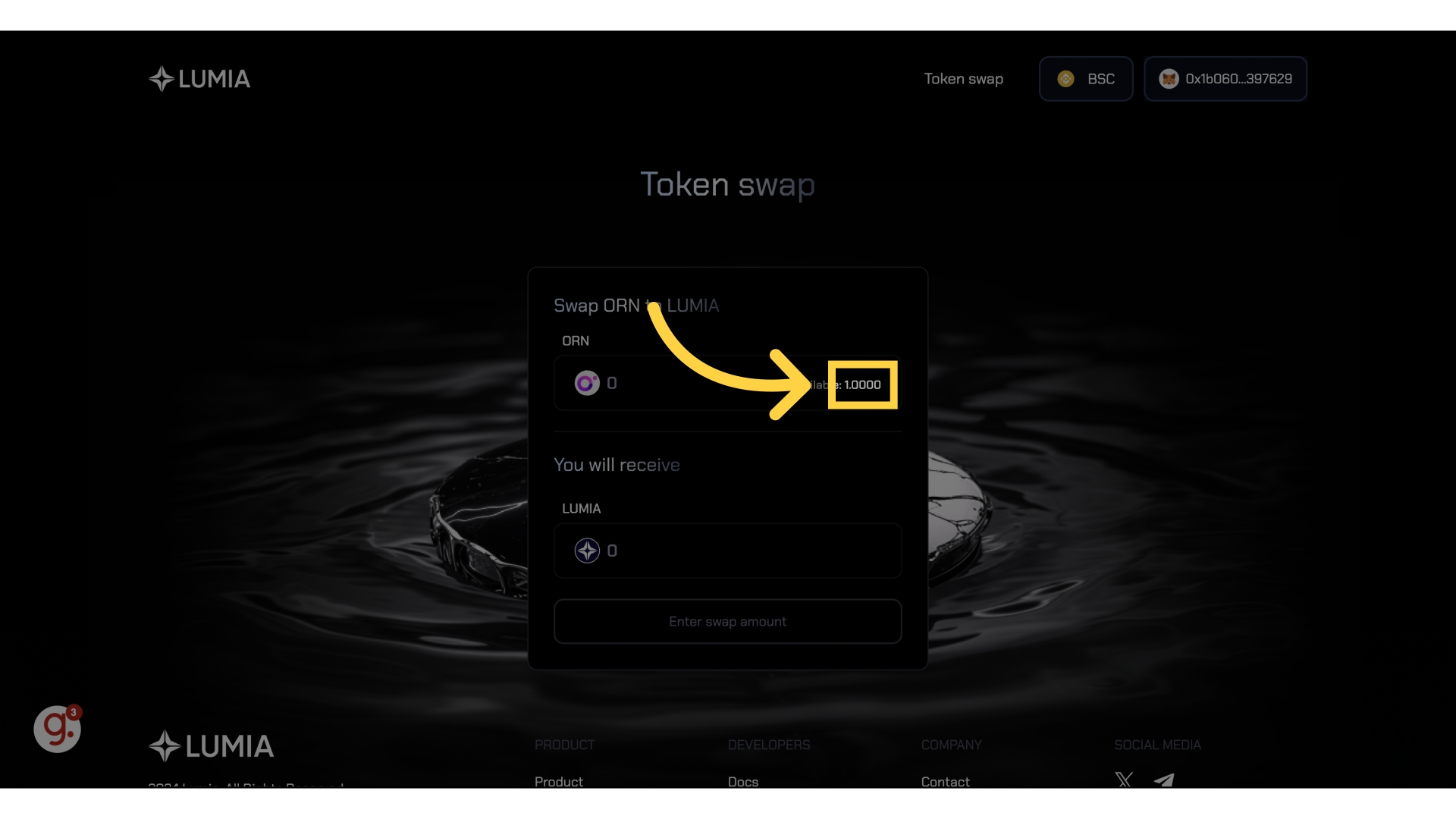
Reusable, Privacy-Preserving KYC Credentials: Solutions like Altme and 0xKYC issue onchain credentials that users can present across multiple platforms, streamlining onboarding while protecting sensitive data.
-
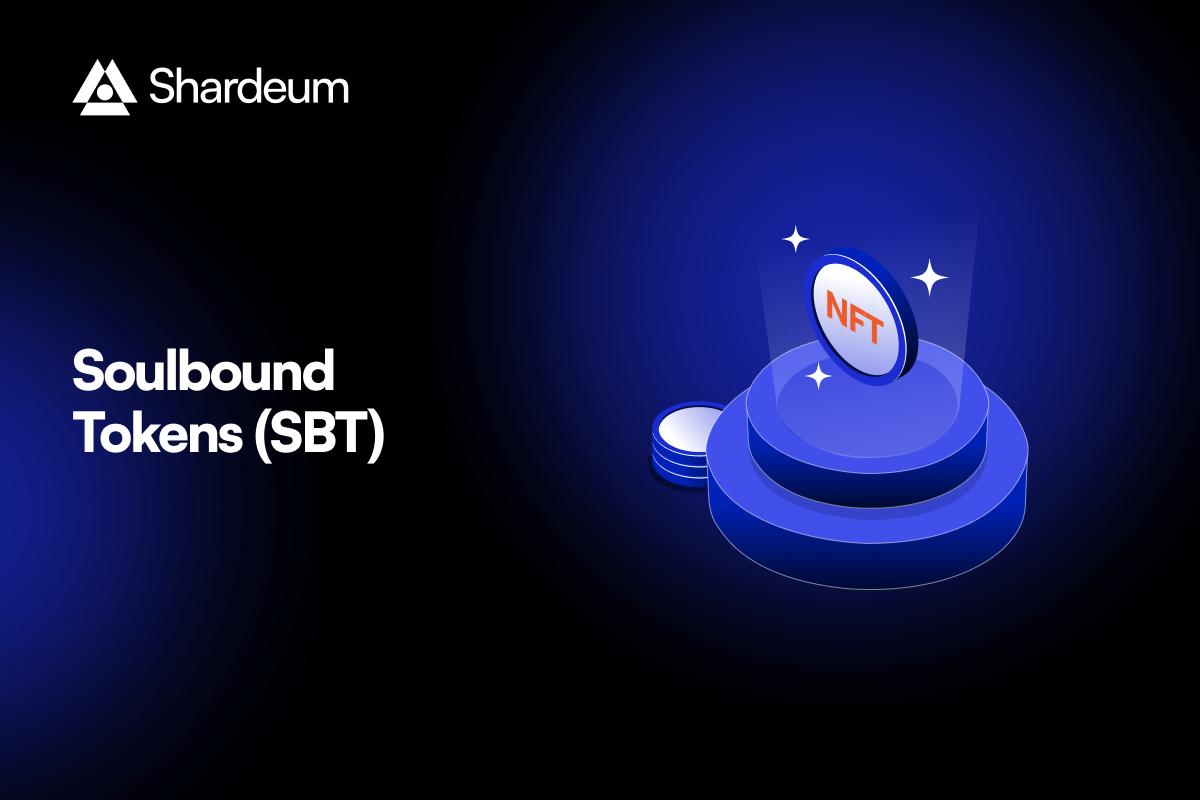
Soulbound Tokens for Identity Verification: Platforms such as Authento are issuing non-transferable (soulbound) tokens as proof of KYC, providing verifiable, tamper-proof identity markers for dApps and token sales.
-
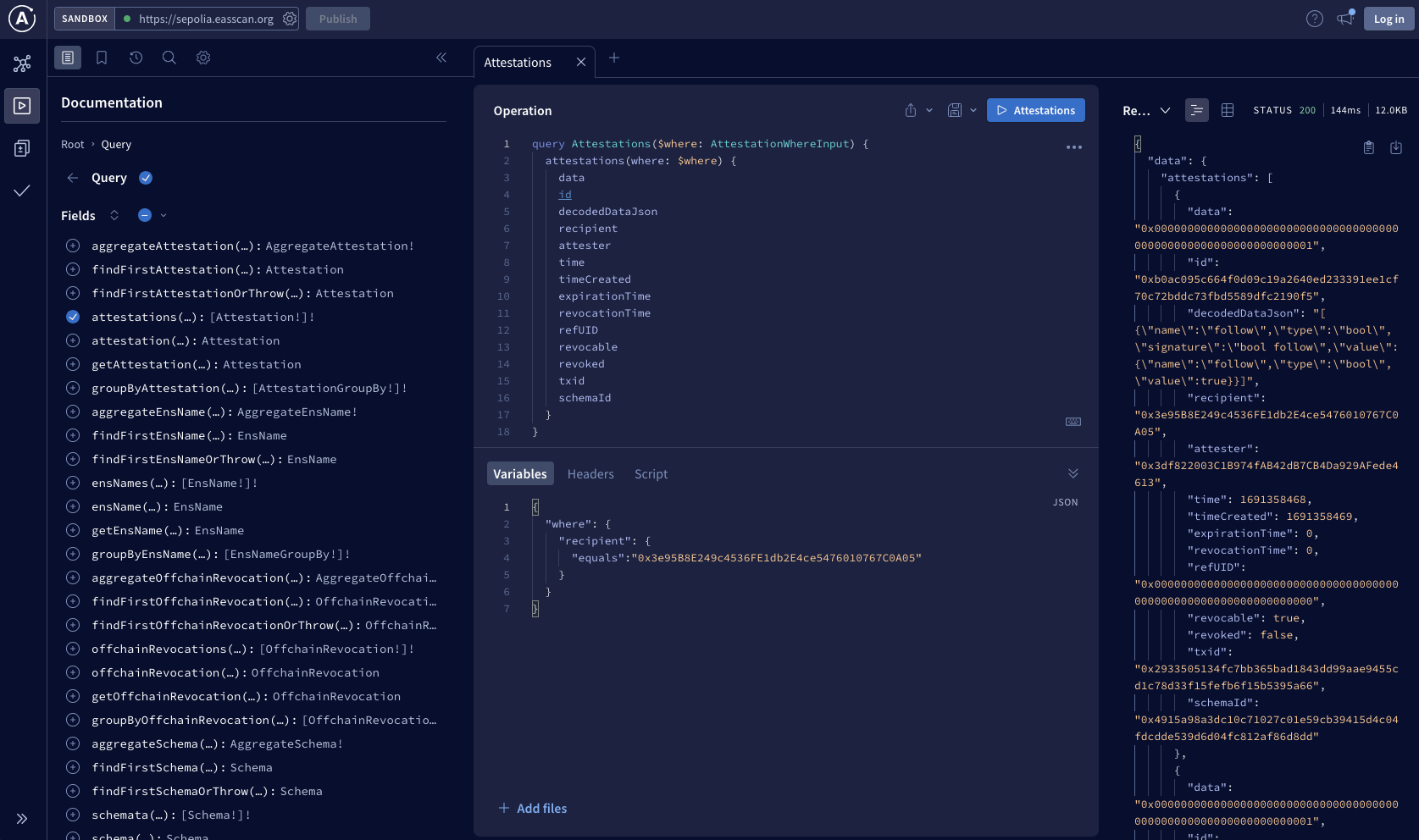
Schema-Based Attestation Frameworks: Attest Protocol and Ethereum Attestation Service (EAS) are standardizing how KYC attestations are structured and verified, making integration easier for developers and platforms.
-
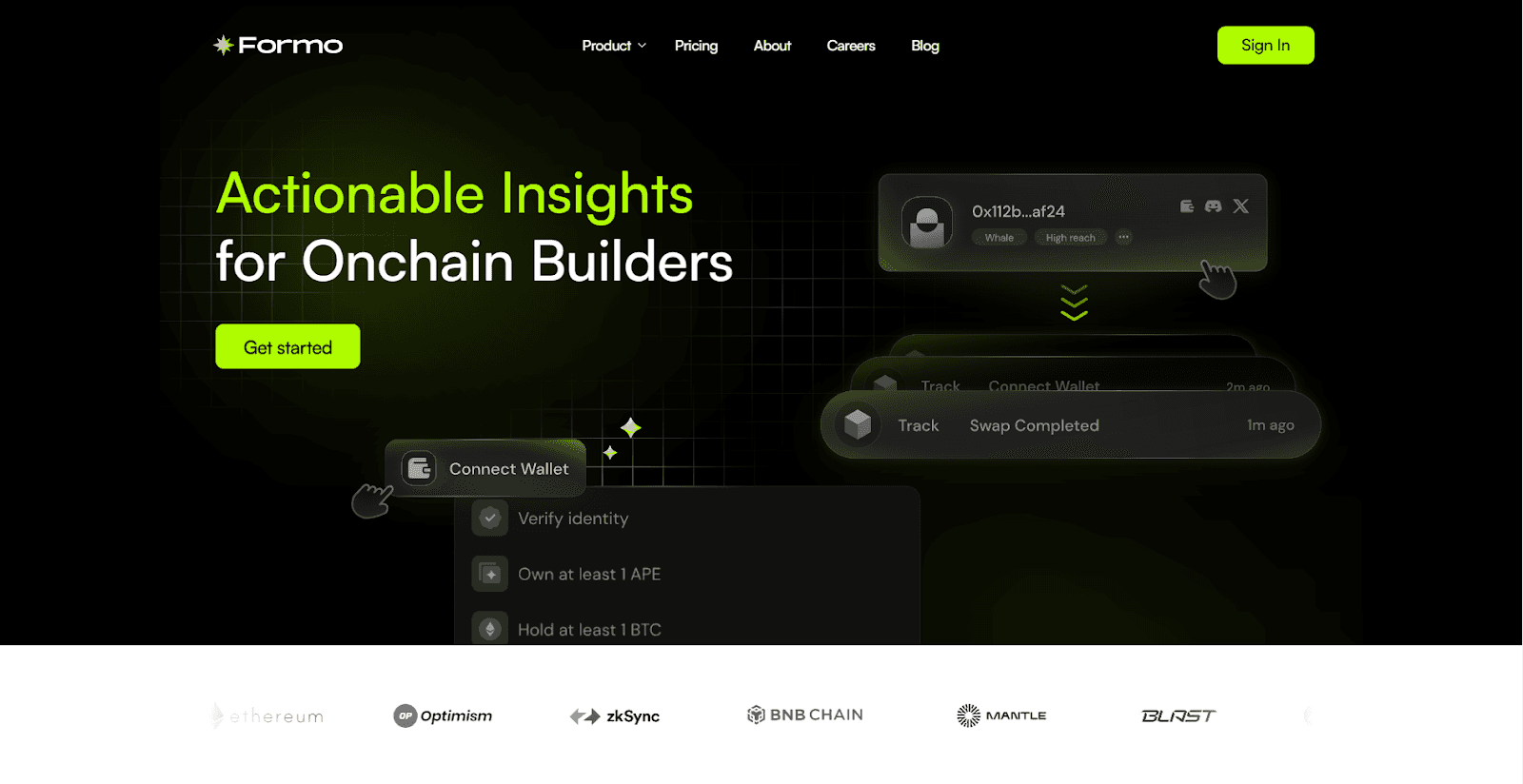
Token-Gated Access and Dynamic Allowlists: Tools like Formo are leveraging onchain attestations to create flexible, programmable allowlists for token sales and NFT drops, enabling real-time access management based on verified credentials.
Privacy-preserving KYC is no longer a distant ideal; it’s here now for those willing to integrate solutions like OnchainKYCe. me or leverage open standards from projects such as Chainlink’s Automated Compliance Engine (ACE). The next wave will see even greater adoption as user-friendly wallets make it seamless for individuals to manage their credentials across networks.
Ultimately, onchain attestations represent a fundamental upgrade in how we approach identity verification in crypto, one that puts both compliance and sovereignty at the forefront. As token sales and allowlists continue to mature, expect this technology to define best practices for years to come.






